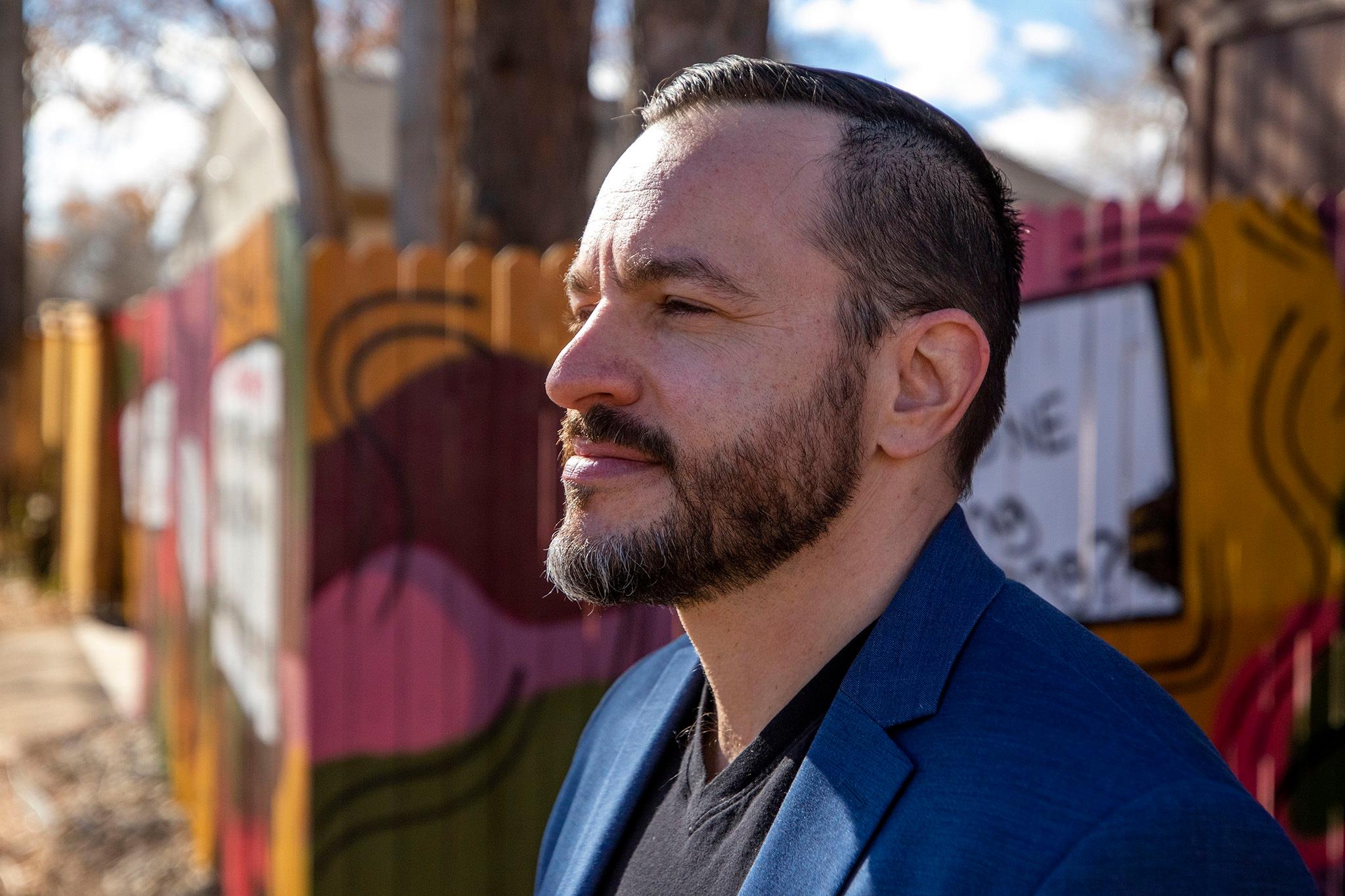?️ Denver Election Guide 2021: Links to info about ballot initiatives in Denver and Colorado, school board candidates and general voting questions are all right here.
Denver City Council has asked voters to decide whether the Independent Monitor, which oversees the Denver Police and Sheriff departments, should no longer be appointed by the mayor and should instead be named by the nine-person Citizen Oversight Board with the approval of the City Council.
Here's the language you'll see on the ballot:
Shall the Charter of the City and County of Denver be amended to allow the citizen oversight board to appoint the independent monitor with consent of city council, providing the office of the monitor with independent legal counsel and establishing employment status of employees?
How would it work?
In 2004, the Mayor and City Council created the Office of the Independent Monitor, headed up by a mayoral appointee, tasked with watchdogging the city's law-enforcement agencies.
The office takes and addresses citizen complaints about the police and sheriff's departments and looks into claims of excessive force, in-custody deaths, officer-involved shootings and more. The Office of the Independent Monitor also offers suggestions about how law enforcement should be disciplined, tracks investigations in police and sheriff departments' practices, and reports about findings to the community.
If passed, the measure would change the city's charter and shift who's in charge of appointing the independent monitor. Instead of the mayor making the hire from a group of nominees proposed by the Citizenship Oversight Board, subject to City Council's approval, the board would recommend a hire. Then City Council would either approve or deny the nominee without the mayor's involvement.
The most recent Independent Monitor, Nick Mitchell, stepped down in December 2020, after releasing a scathing report about the police department's conduct during the summer's racial justice protests. The position remains open.
Who's for it and who's against it?
In August, City Council voted unanimously to send the question to the voters, arguing the change would create broader public trust in the office. The goal, proponents say, is to increase the position's independence from the mayor and to avoid conflicts of interest. Supporters of a strong-mayor system have historically opposed weakening the office, but currently, there is no major opposition to Referred Question 2G.












